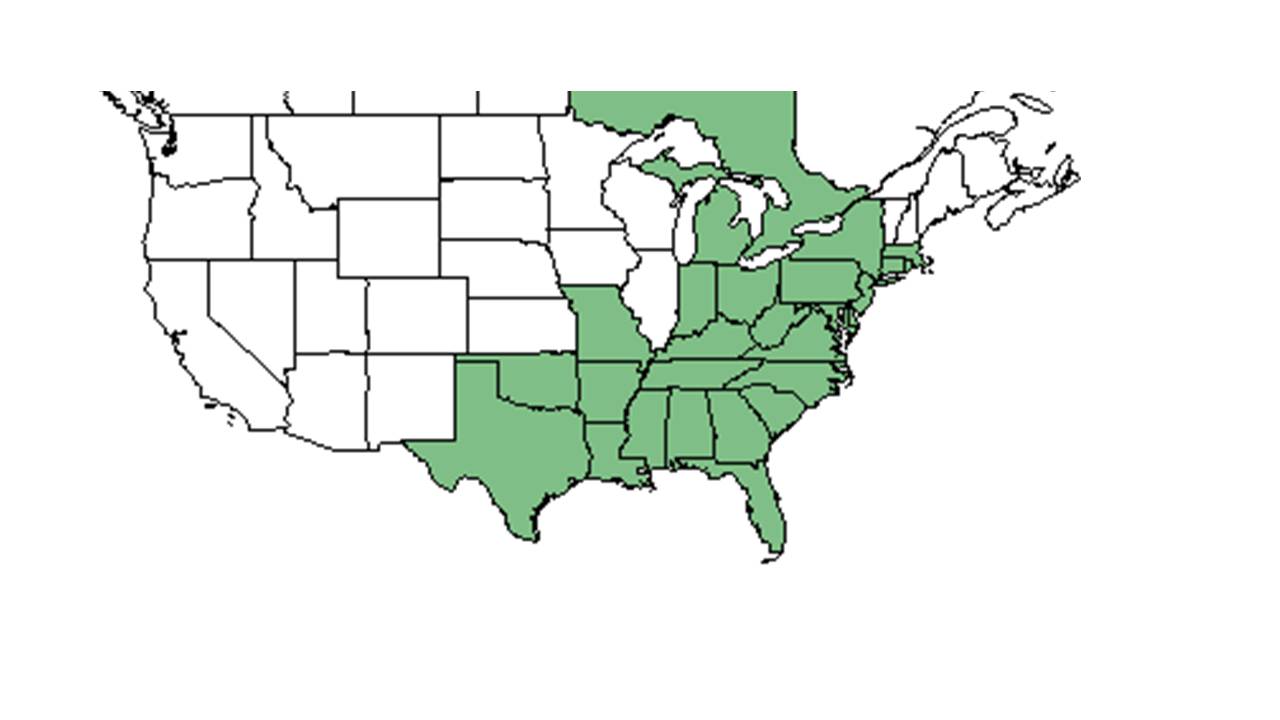Difference between revisions of "Piptochaetium avenaceum"
KatieMccoy (talk | contribs) |
KatieMccoy (talk | contribs) |
||
| Line 29: | Line 29: | ||
===Phenology=== <!--Timing off flowering, fruiting, seed dispersal, and environmental triggers. Cite PanFlora website if appropriate: http://www.gilnelson.com/PanFlora/ --> | ===Phenology=== <!--Timing off flowering, fruiting, seed dispersal, and environmental triggers. Cite PanFlora website if appropriate: http://www.gilnelson.com/PanFlora/ --> | ||
| + | It flowers and fruits March through May (FSU Herbarium). | ||
| + | |||
===Seed dispersal=== | ===Seed dispersal=== | ||
===Seed bank and germination=== | ===Seed bank and germination=== | ||
Revision as of 10:05, 2 October 2015
| Piptochaetium avenaceum | |
|---|---|

| |
| Scientific classification | |
| Kingdom: | Plantae |
| Division: | Magnoliophyta - Flowering plants |
| Class: | Liliopsida – Monocotyledons |
| Order: | Cyperales |
| Family: | Poaceae ⁄ Gramineae |
| Genus: | Piptochaetium |
| Species: | P. avenaceum |
| Binomial name | |
| Piptochaetium avenaceum (L.) Parodi | |

| |
| Natural range of Piptochaetium avenaceum from USDA NRCS Plants Database. | |
Common name: blackseed speargrass
Contents
Taxonomic notes
Description
Distribution
Ecology
Habitat
Piptochaetium avenaceum is found in wooded calcareous slopes along rivers, live oak groves, sandy ridges, mesic coastal hammocks, woodland openings, floodplain edges, along creeks, lake slopes, upland mixed forests, mixed pinewoods, open mixed woodlands, annually burned savannas and pine-oak, limestone outcrops in hardwood forests, open stand of shrubs and trees of Ilex vomitoria, and floodplains (FSU Herbarium). Non-native habitats include roadsides, recreation areas, nature trails, stands of old field pines cleared of underbrush, and along city roads. It has been observed to grow in dry loamy sand, sandy soils, limestone outcrops, calcareous slopes and moist loamy sands (FSU Herbarium).
Phenology
It flowers and fruits March through May (FSU Herbarium).